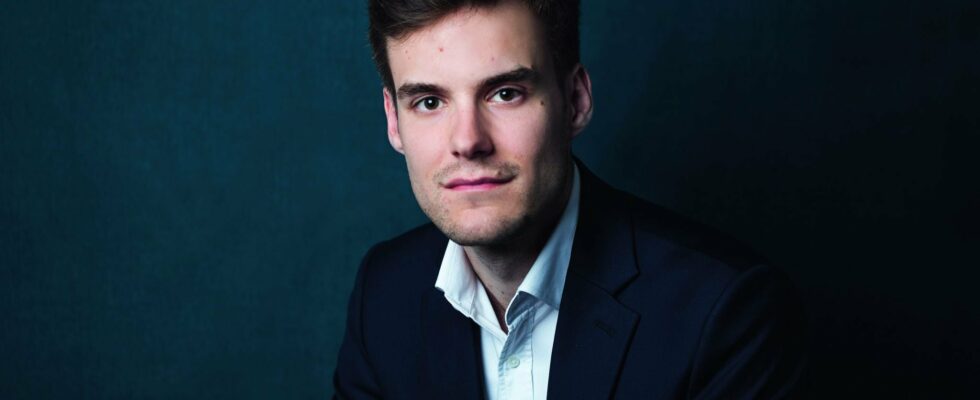An American start-up, Heliospect Genomics and its CEO Michael Christensen, a former Danish trader, recently made headlines by offering couples the opportunity to classify their embryos according to intelligence quotient, adult height, risk of obesity or even of the risk of mental illness. The company claims to have worked with more than a dozen couples using in vitro fertilization. For $4,000, customers can test a few embryos, with a flat rate of $50,000 for around 100 embryos also being offered. Officials promise that their methods produce an average gain of six IQ points. This statement is highly speculative according to several scientists.
The controversy has been strong in the United Kingdom because the start-up claims that its prediction tools were built from data provided by UK Biobank, a database of genetic material managed by the Ministry of Health and constituted by a half a million British volunteers, which aims to only share data for projects of general interest. Heliospect Genomics’ chief scientist Jonathan Anomaly, who describes himself as a liberal eugenicist, was given access to UK Biobank as part of a research programme. Selection of embryos on the basis of a higher intelligence quotient is prohibited by British law but is legal in the United States.
Detecting disease risks, but not only
A study published in Nature in May 2024 revealed that three-quarters of Americans surveyed were in favor of analyzing embryos to measure the probability of diseases linked to the expression of several genes. An important nuance because the search for diseases resulting from the alteration of a gene, such as Down syndrome or the BRCA mutation responsible for virulent cancers, is already widespread. But more interestingly, a third of respondents approved the use of this technology to research traits not linked to disease.
In Asia, many countries are also seeing the emergence of embryo selection practices. In South Korea, where social pressure for academic success is intense, some clinics offer preimplantation genetic testing to detect not only hereditary diseases but also to choose the sex or other desired traits, despite legal restrictions. In India, with the booming $4 billion fertility market, embryo selection is on the rise, fueled by lax regulation. Nearly 1 in 3 fertility clinics in India now offer genetic testing services, signaling a trend toward normalization of these practices. Embryo implantation success rates would rise to 70% with this selection compared to 40 to 50% without.
Contagion effects
The spread of embryonic selection is driven by technological advances that make procedures such as comparative genomic hybridization testing more precise and, progressively, less expensive. But it is also riding the development of in vitro fertilization. Formerly reserved for couples with procreation difficulties, this is spreading due to the shift in the age of forming a couple and forming a family, the age limit for motherhood being able to be raised thanks to to egg freezing. 5 million babies are born from in vitro fertilization and it represents between 1 and 5% of births in developed countries.
Despite bioethical laws, the selection of embryos for the prediction of disease-independent characteristics will become more widespread. Like many technologies, it will have strong contagion effects. Couples, although hostile to the idea, can come to terms with it in order not to leave their children genetically disadvantaged. Furthermore, pre-embryonic selection opens the way to other eugenic methods. Coincidentally, a few days ago, He Jiankui, a Chinese scientist who, in 2018, created the first genetically modified babies using CRISPR-Cas9 to make twin girls resistant to HIV, announced the opening of his new laboratory in Beijing , after serving a three-year prison sentence.
.
